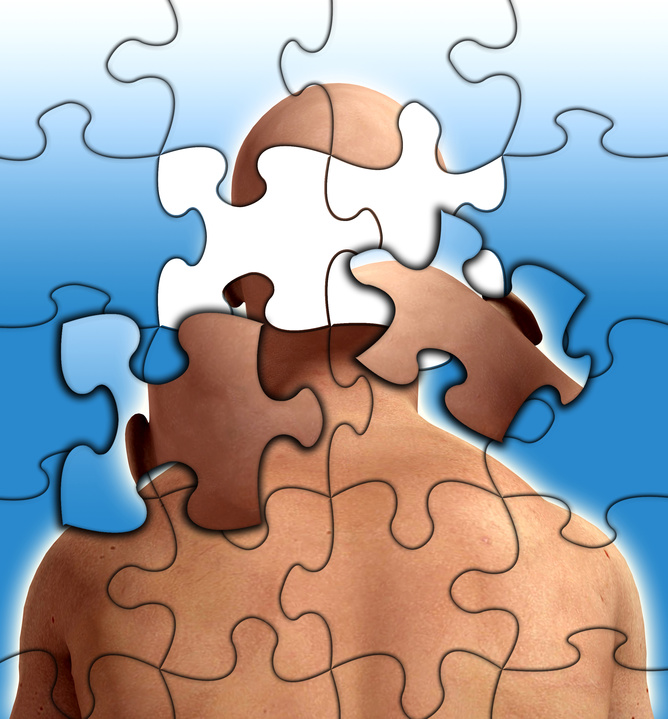What if there were something besides a medication that could assist with redirecting negative behaviors? What else can we offer, after looking at basic needs — cold, hungry, in pain, needing to use the bathroom — when behaviors persist? What if we could tap into a resident’s past and provide mean ingful activities to engage the resident and redirect their behaviors?
ingful activities to engage the resident and redirect their behaviors?
For Ron, that is exactly what he needed. At first glance, many said Ron was not able to attend to any task. He wandered around throughout the day, pacing the halls and knocking on the tables — a behavior the other residents and staff found annoying as he invaded personal space, knocking on the tables regardless of what was going on. Staff might be able to redirect him momentarily, but within seconds, he was back knocking away.
When we first picked up Ron for OT, there was skepticism — he won’t be able to do anything, he can’t pay attention, he doesn’t even talk. As an OT, I knew that all was not hopeless. I knew there was a way to tap into his past and engage him in meaningful activities. With a little research to find out his past interests, hobbies and jobs, and an assessment of his current cognitive level, we were able to identify activities he enjoyed and tailor them to his current cognitive level. Before we knew it, Ron was smiling and attending to tasks for over 15 minutes at a time. Who knew he could write and answer questions on paper, read a book, sit and do math worksheets or play a game of cards?
With a little staff education and a few supplies, when Ron starts knocking on the table while another resident is eating, he can be easily redirected to a meaningful activity he enjoys and can engage in — ultimately, improving his quality of life and that of those around him.
By Jeanelle Kintner, OT/R, San Marcos Rehabilitation and Healthcare, San Marcos, TX

